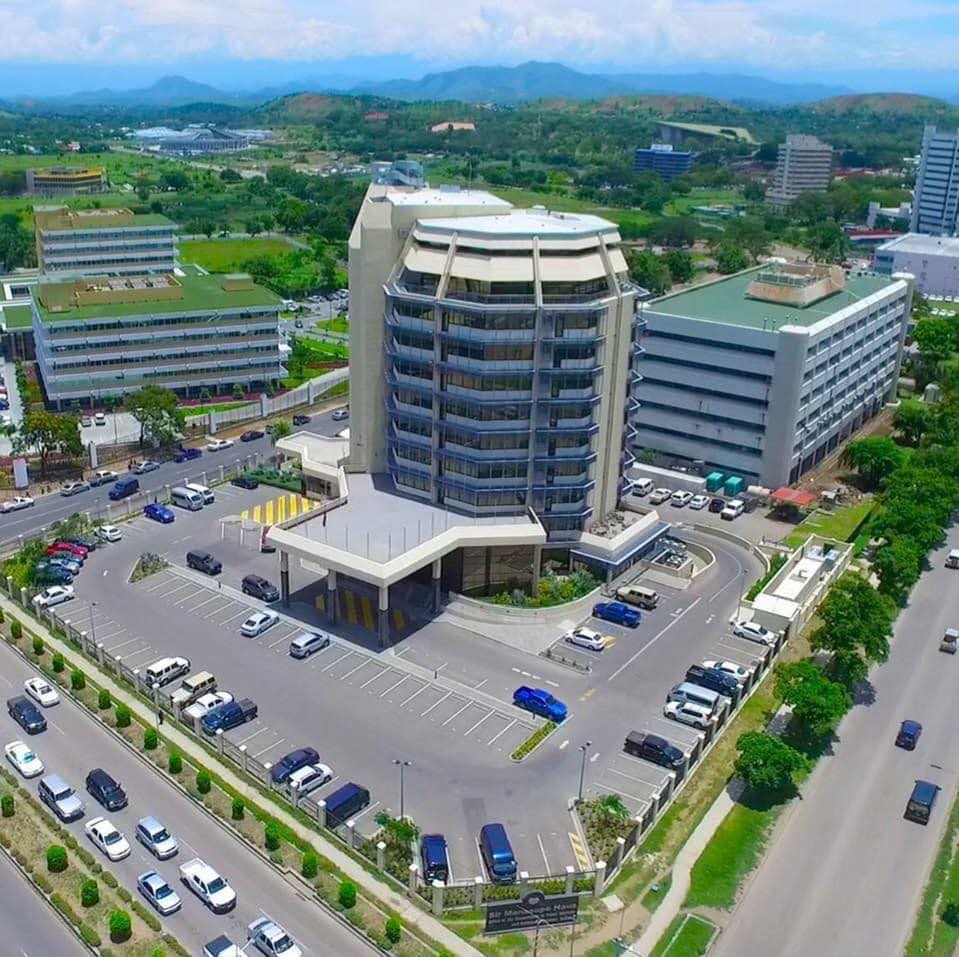Facts about the Department of Prime Minister and National Executive Council (PMNEC) in Papua New Guinea:
- The PMNEC is responsible for providing policy advice and support to the Prime Minister and the National Executive Council (NEC), which is the highest decision-making body in the PNG government.
- The department was established in 1975 when PNG gained independence from Australia, and its mandate has since expanded to encompass a wide range of responsibilities.
- The PMNEC is organized into several branches, including the Policy Branch, the National Security Branch, the Economic Policy Branch, and the International Relations Branch.
- The Secretary to the Prime Minister and NEC is the head of the department, and is responsible for overseeing its day-to-day operations and advising the Prime Minister on matters related to policy and governance.
- The PMNEC plays a key role in coordinating the activities of other government agencies and departments, and is tasked with ensuring that the government operates effectively and efficiently.
- In addition to its domestic responsibilities, the PMNEC is also responsible for managing PNG’s relationships with other countries and international organizations.
- The department has faced criticism over the years for its perceived lack of transparency and accountability, and for its failure to adequately address corruption and other governance challenges in the country.
- Despite these challenges, the PMNEC remains a critical institution within the PNG government, and is central to the country’s efforts to promote sustainable economic development, good governance, and national security.

